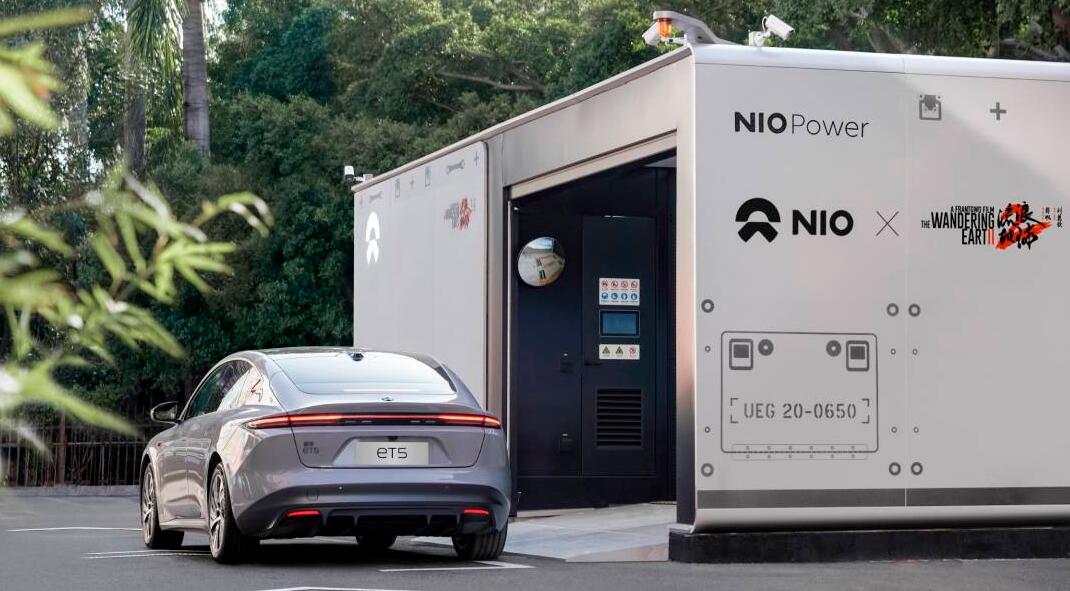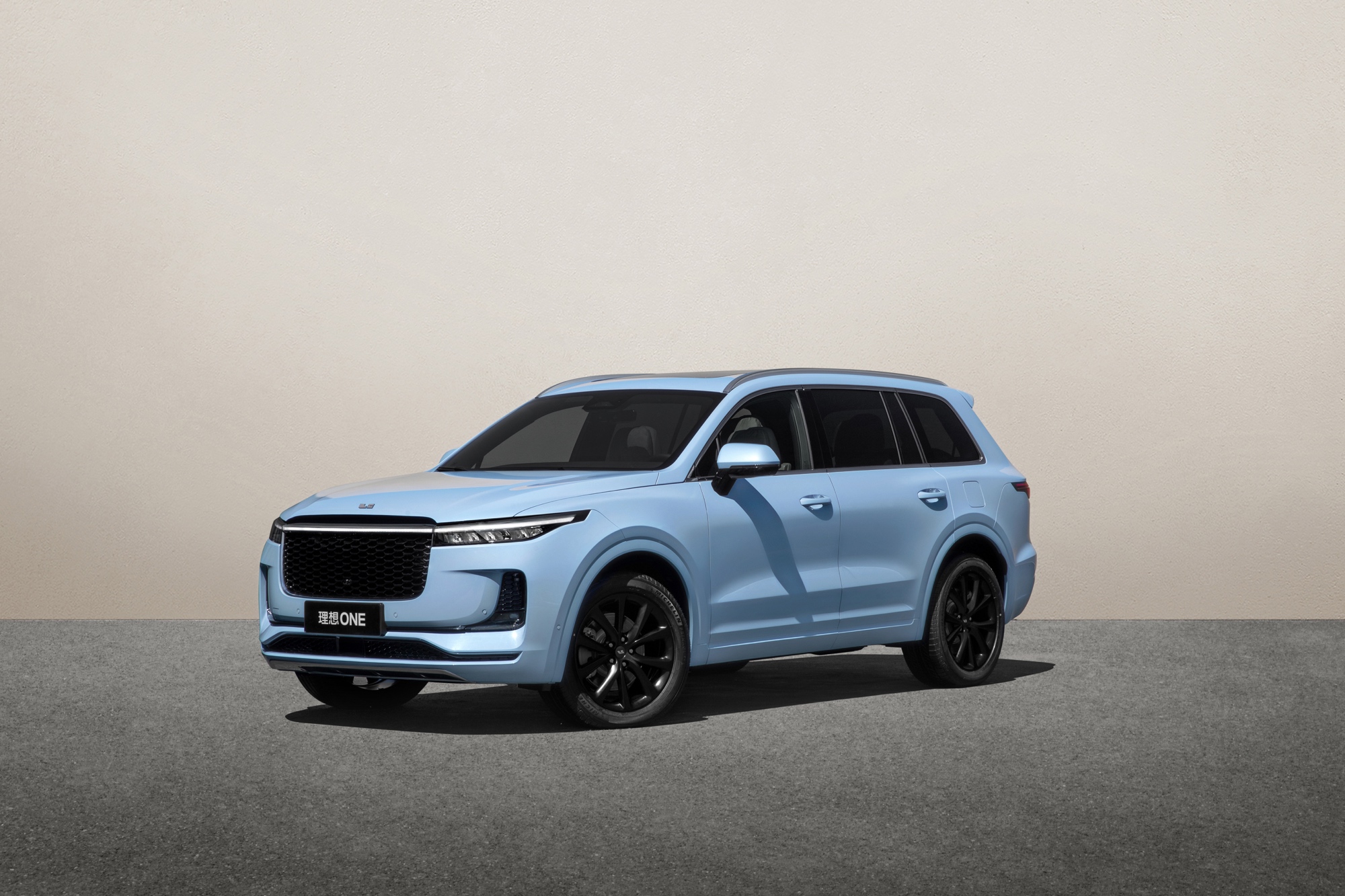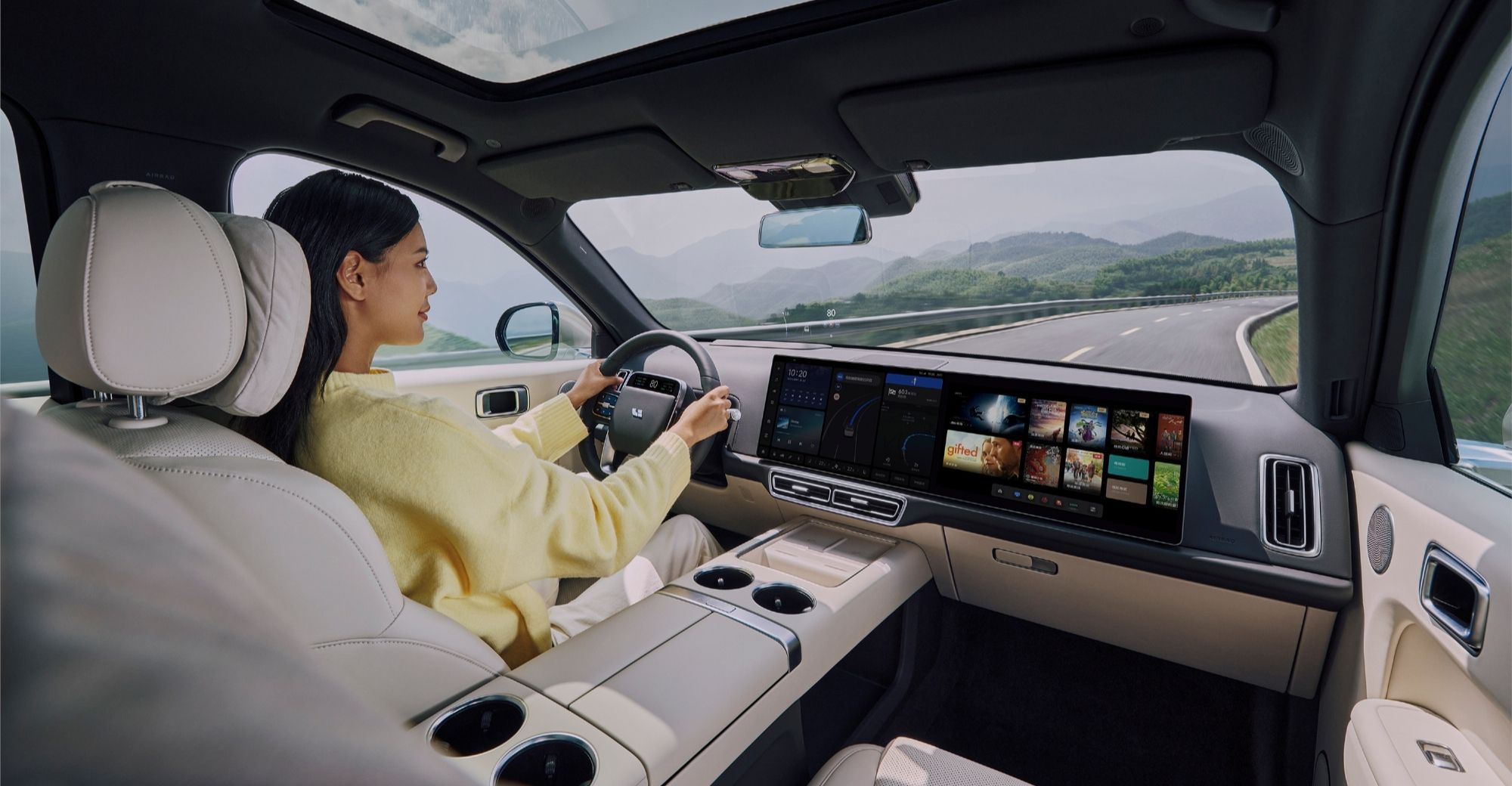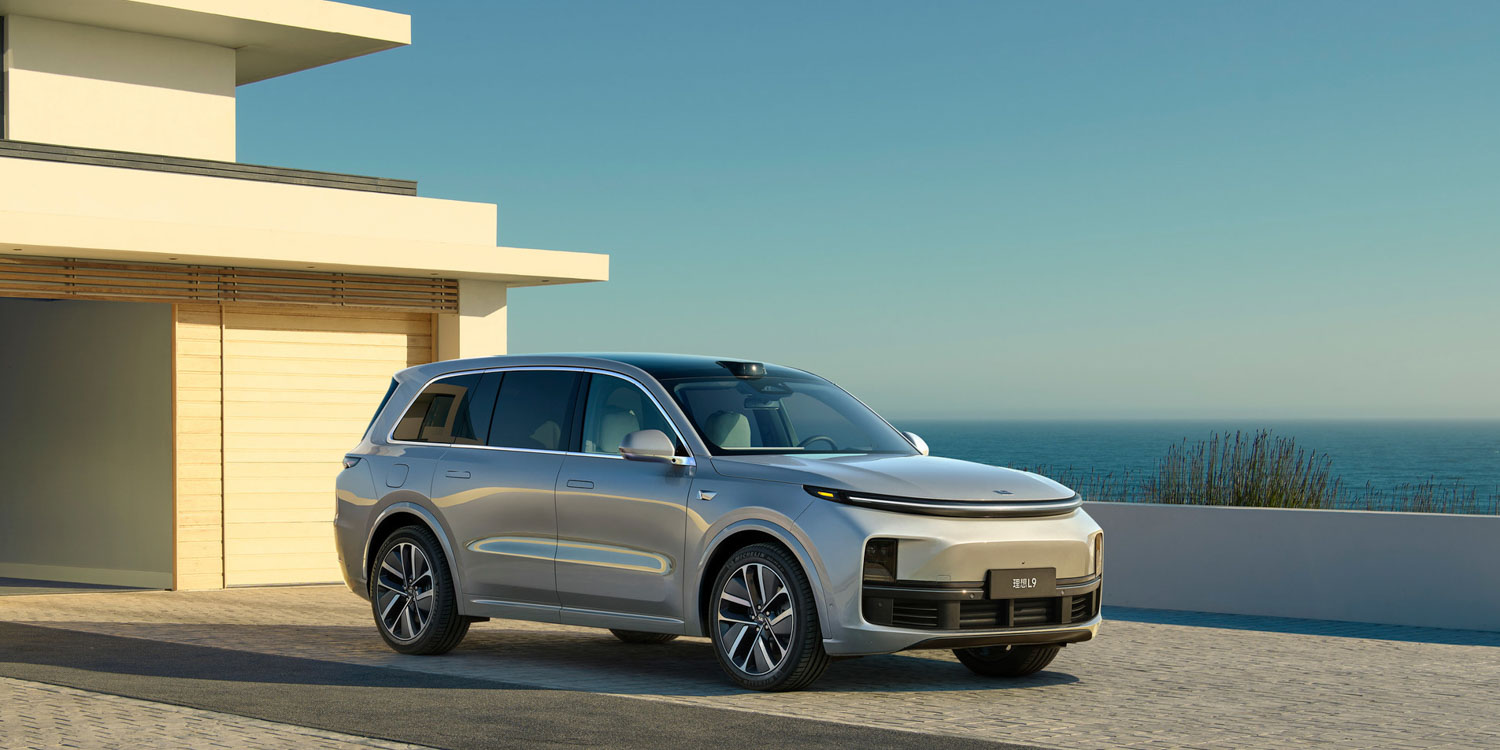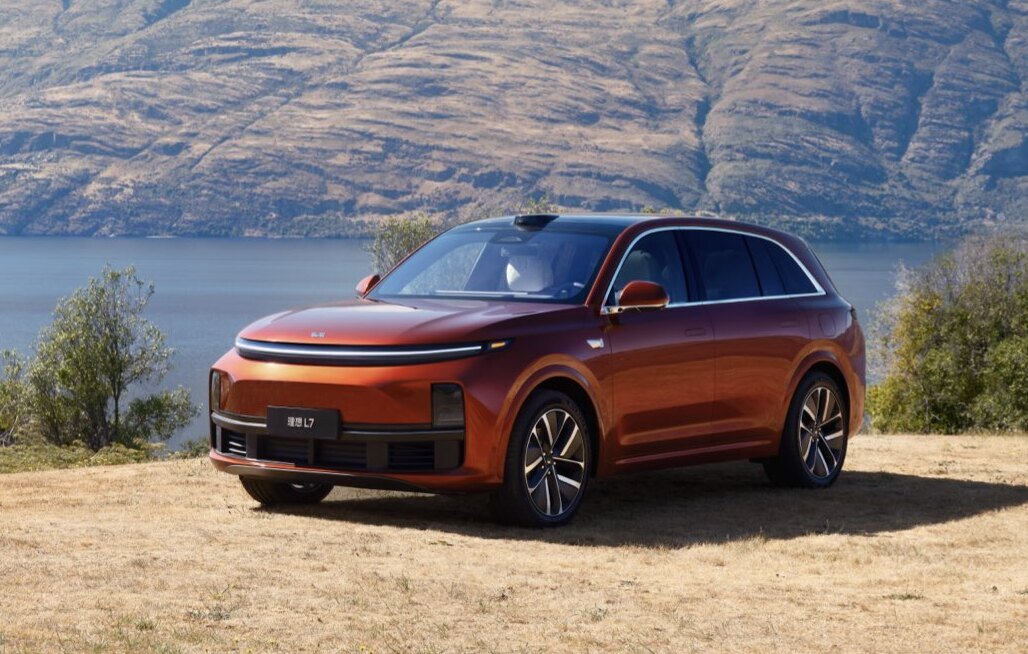Li Auto and NIO, two of the leading electric vehicle (EV) companies in China, are often considered competitors in the market. However, that doesn’t stop their respective CEOs from appreciating each other’s business strategies. Li Auto’s founder, chairman, and CEO, Li Xiang, recently praised NIO’s battery swap model during a media event on March 2.
According to Shanghai Securities News, Li Xiang believes that the battery swap model has a promising future in lowering the costs of EVs. In particular, he thinks that selling EVs without batteries can bring down the costs of EVs even further than traditional fuel cars. While Li Xiang didn’t mention NIO directly, it’s clear that he was referring to their business model.
In China, NIO is the primary provider of battery swap-enabled vehicles for the average consumer. NIO’s Battery as a Service (BaaS) program allows consumers to purchase an EV without the battery pack or lease the battery separately. This option significantly reduces the upfront cost of purchasing an EV.
Consumers who choose to purchase an EV through NIO’s BaaS program can save at least RMB 70,000 ($10,140), with monthly battery rental fees starting at RMB 980. For example, NIO’s cheapest model, the ET5 sedan, starts at RMB 328,000 for the 75 kWh pack version and RMB 386,000 for the 100 kWh version. However, if consumers choose the BaaS option, the vehicle starts at RMB 258,000 and the lease cost is RMB 980 per month for the 75 kWh pack and RMB 1,680 per month for the 100 kWh version.
See also: Li Auto’s February Deliveries Up 97.53% from Last Year, Totaling 16,620 EVs
Li Auto’s current models are all SUVs, with a price range of RMB 300,000 to 500,000, which overlaps significantly with the price range of NIO models. However, Li Auto’s current models are extended-range electric vehicles (EREVs), which are essentially plug-in hybrid electric vehicles (PHEVs). These are aimed at a different group of customers than NIO models.
Li Auto, which is targeting a larger total addressable market, has been performing well in terms of deliveries since last year, while NIO is seen as having made some missteps. Li Auto reported solid fourth-quarter earnings on February 27, while NIO reported disappointing fourth-quarter earnings on March 1.
Despite being competitors, Li Auto’s CEO, who happens to be one of NIO’s angel investors, has previously praised NIO’s ET7 and Zeekr 001 EVs. Li Auto’s CEO also mentioned that the company is positioned as the luxury EV brand of choice for families, aiming to capture 35% of the market share of passenger cars priced above RMB 200,000 by 2027.
The success of Li Auto and NIO shows that the EV market in China is still expanding, and there is room for multiple players. By adopting different business models and targeting different customer segments, both companies have carved out their niche in the market. As the EV market continues to grow, it will be interesting to see how Li Auto and NIO continue to innovate and compete with each other.

